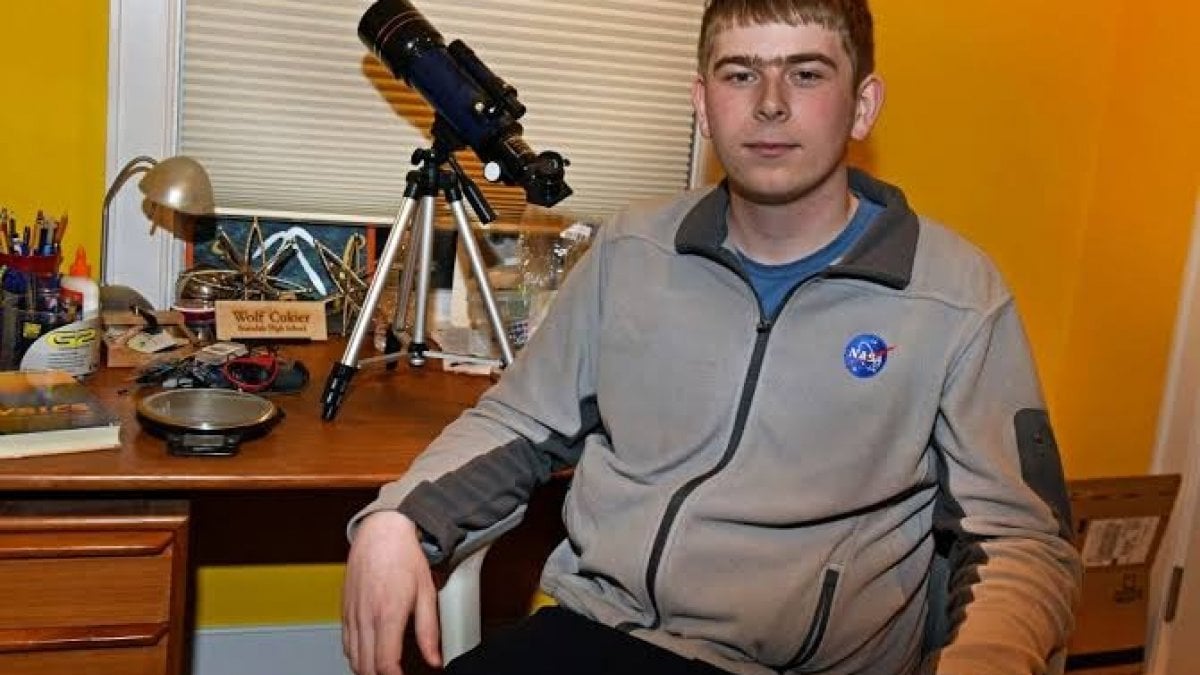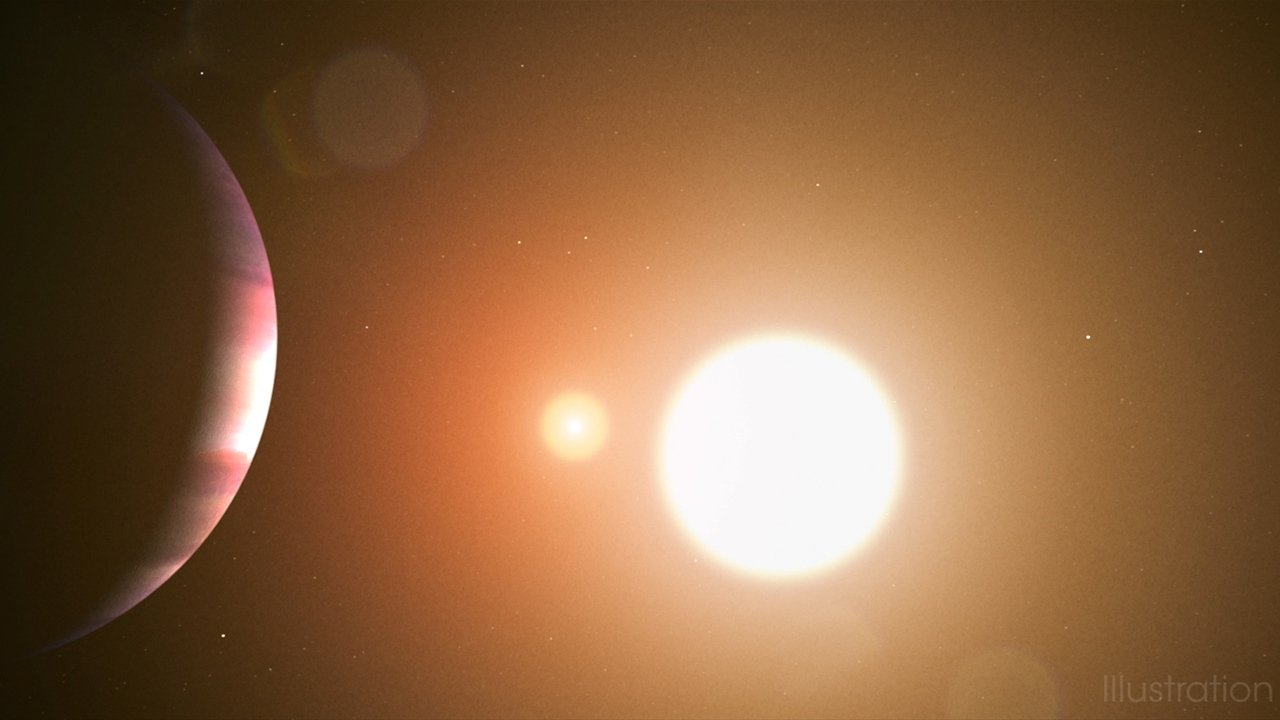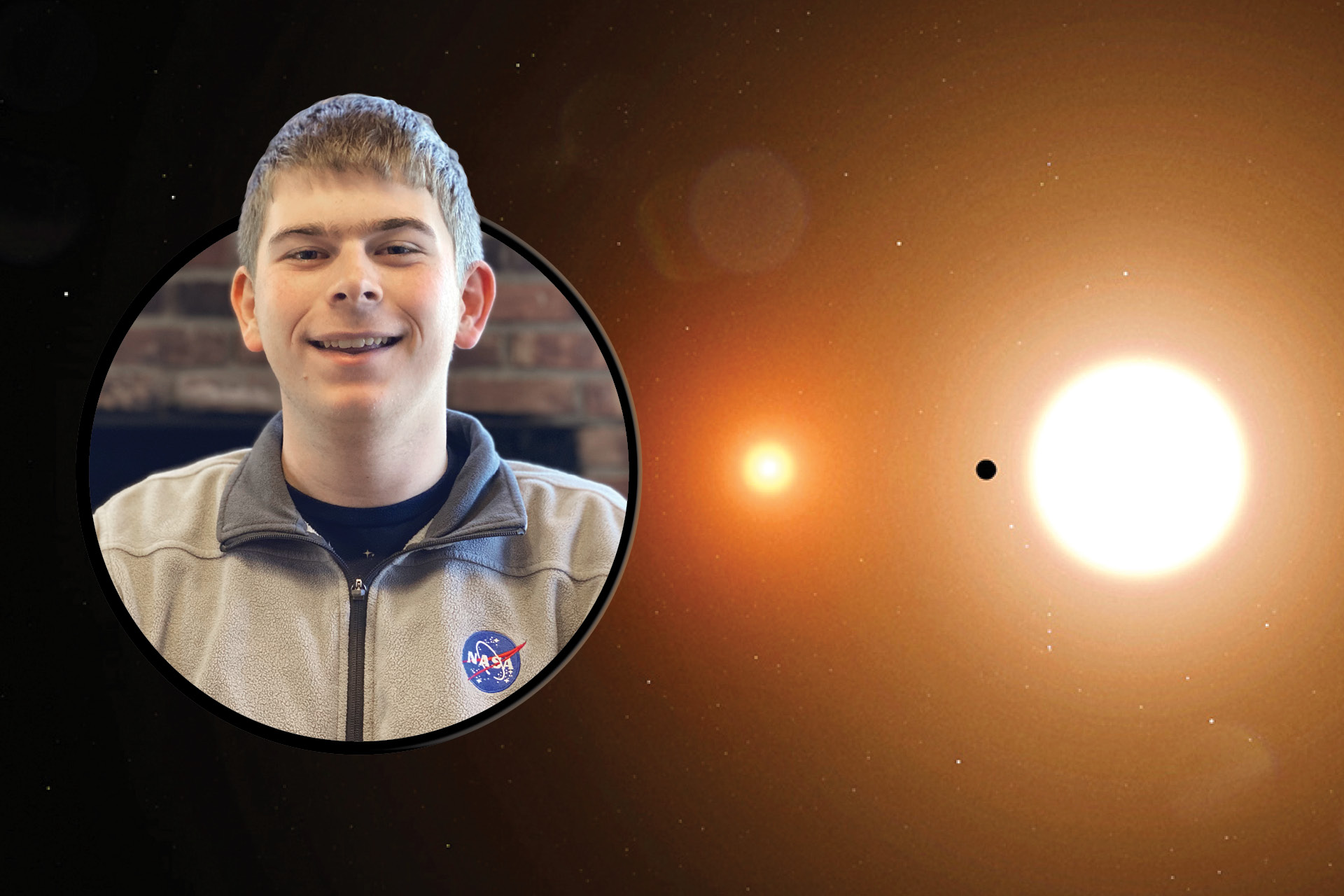Wolf Cukier could very well become a key figure amidst the future NASA researchers. His name lately went viral on Social Networks owing to his grandiose discovery.
Cuckier, a young NASA intern, detected a hitherto unknown planet bigger than Earth and orbiting several lightyears away from us, in the Pictor constellation.
What’s even more astonishing is that Cukier was only seventeen when he made the discovery.
The space agency was reportedly impressed, and and officially announced the discovery on its Website and on Social Networks. Researchers are now looking forward to find out more about this new, never before glimpsed planet.
Wolf Cukier discovered a brand-new planet
Wolf Cuckier was studying a two-star system in the Pictor constellation when he discovered the new planet.
The two stars were peculiar in the way they regularly eclipsed each other. Yet the rotation process did not exactly match with the span of the eclipses.

Wolf Cukier pored over a great many collected data before he noticed that there was a mismatching time lapse between one eclipse and the next. Something else must be obscuring each star in turn – but what?
The scientific world at large was stunned by the discovery of a new, never before observed planet whose very existence had been ignored thus far.
The astronomic world is now one planet richer – owing to a seventeeen years old intern.
TOI 1338b, the new hidden planet
The planet discovered by Wolf Cuckier has been named TOI 1338b by the NASA scientist. But wait – we can hear you cry – what does that name stand for?
TOI is the acronym of TESS Object of Interest, whereas TESS stands for the NASA space telescope, constantly peering into the very depths of the universe.
Owing to TESS’s analysis, scientists were able to get a clearer grasp on the new planet’s inner workings and overall structure.
TOI 1338b is about seven times larger than Earth and orbiting at 1300 light years away from our planet, in the Pictor constellation.

TOI 1338b takes up to ninety Earth days – ranging from ninety-three to ninety-five – to complete its rotation cycle around the two stars in its system.
The most peculiar thing about the new planet, though, is it close proximity to the two stars. If TOI 1338b had a solid state horizon, both stars could be visible at the same time – making the new planet a lot like Tattooine in Star Wars.
Indeed, this planet sounds like something out of a sci-fi movie, especially because there’s still too little known about it. Nonetheless, Wolf Cuckier‘s discovery of TOI 1338b was arguably one of the most important astronomic news of the decade, right alongside the discovery of planet Keplero a few years ago. Unsurprisingly, the scientific community at large – and the vast Internet – are buzzing about it.
Wolf Cukier dreams of becoming a NASA researcher
Many seventeen years old probably dream of accomplishing something as grandiose as Wolf Cuckier‘s discovery.
Cuckier’s NASA internship was the product of a winning mix of talent, passion and tenacity all working together to achieve something big – even if probably not even Wolf imagined his first accomplishment would be something quite so grandiose.
Wolf Cukier always dreamed to someday study the stars. A student at Scarsdale High School, he sent out internship requests to all the main US institutes. Even if the first replies were disheartening at best, it wasn’t long before he was contacted by NASA recruiters – with the chance of a lifetime.
The agency sure knew what they were on about! After just three days of internship, Wolf Cuckier keenly noticed the time lapses discrepancy among the two stars, theorizing the existance of a hidden planet.
A theory that TESS’s analysis later proved correct – to the NASA’s astonishment.
This post is also available in:

